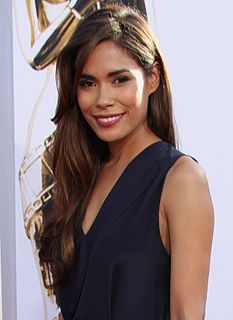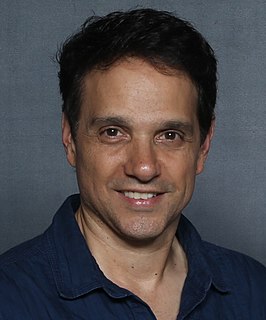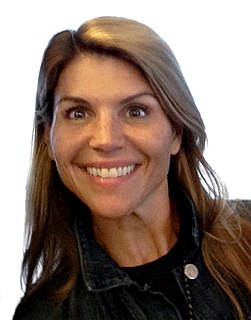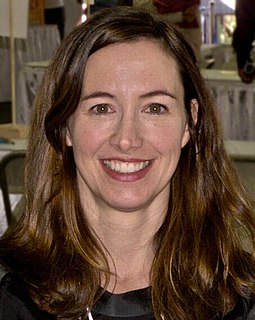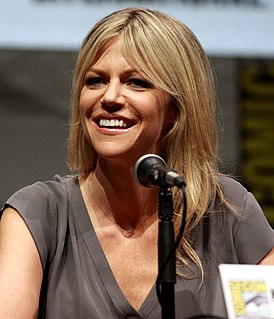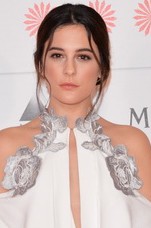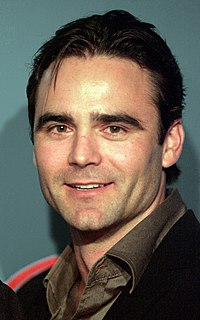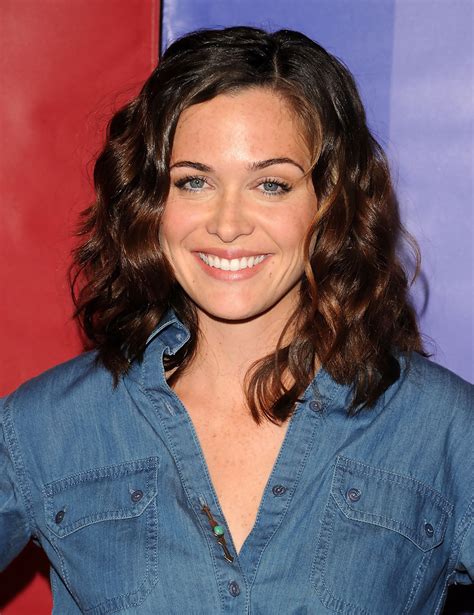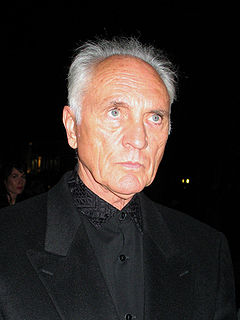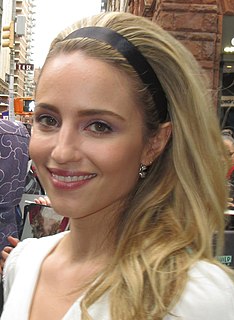A Quote by Daniella Alonso
When I first started, I would go to Weist-Barron, and I studied with Rita Litton and ACTeen. For teenagers, it's a really, really great school. We did a lot of on-camera stuff, so you see yourself and what you do on camera.
Related Quotes
Guys like Spielberg and Zemeckis and really anybody who is a storyteller-filmmaker today has studied Hitchcock and the way he visually tells a story. He was the master of suspense, certainly, but visually you would get a lot of information from what he would do with the camera and what he would allow you to see as the story was unfolding.
The camera course was a bit crap. But when I was in drama school, I wasn't interested. I wanted to be a stage actress. I was not interested in learning camera craft. But then you throw yourself in the deep end when you do get a job in front of the camera because you have absolutely no idea what you're doing, and it is a skill.
McLeod's Daughters was my first regular job out of drama school, and my first full-time role. That was great because I learned a lot, in terms of working in front of the camera. I learned a lot of technical aspects that you take for granted once you know them, but you have to learn them somewhere, along the way. It was a bit of a training ground for me, working in front of the camera and also dealing with media.
No one understood why I would wanna be behind the camera, not in front of the camera, and so no one took me seriously, and people said, 'Oh, well, this is just a hobby isn't it?' and I said, 'No, I really love this. I wanna make this my career,' and I did not have a lot of support at all for many years. People just kind of thought it was a joke.
If I'm traveling, I'll take a film camera and a digital camera because sometimes there are moments where, if you've lost it, or if coming back and it accidentally goes through the X-ray machine and it gets overexposed, you might have had a really important moment to you and you would be really upset that you didn't have a back-up.
